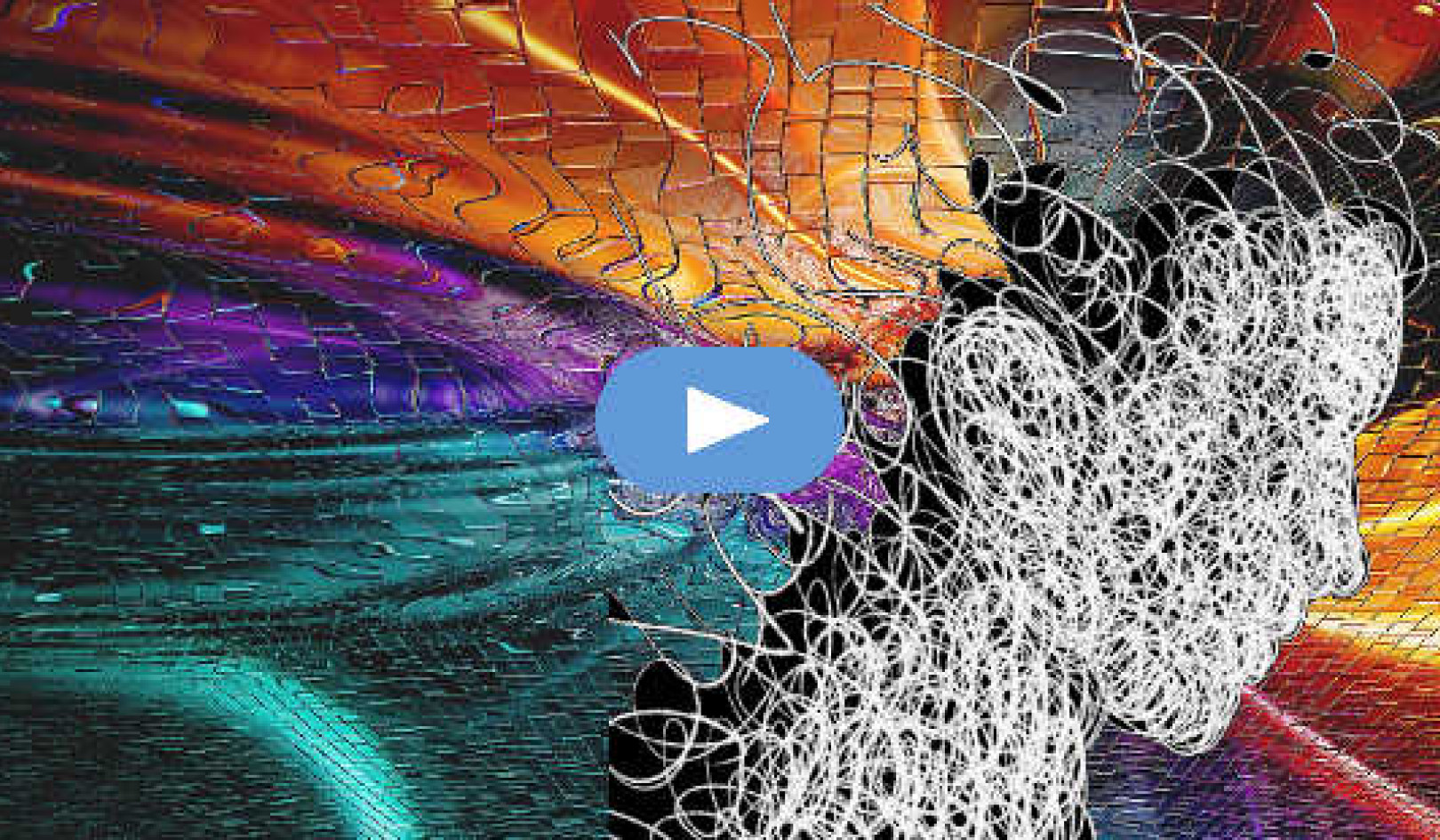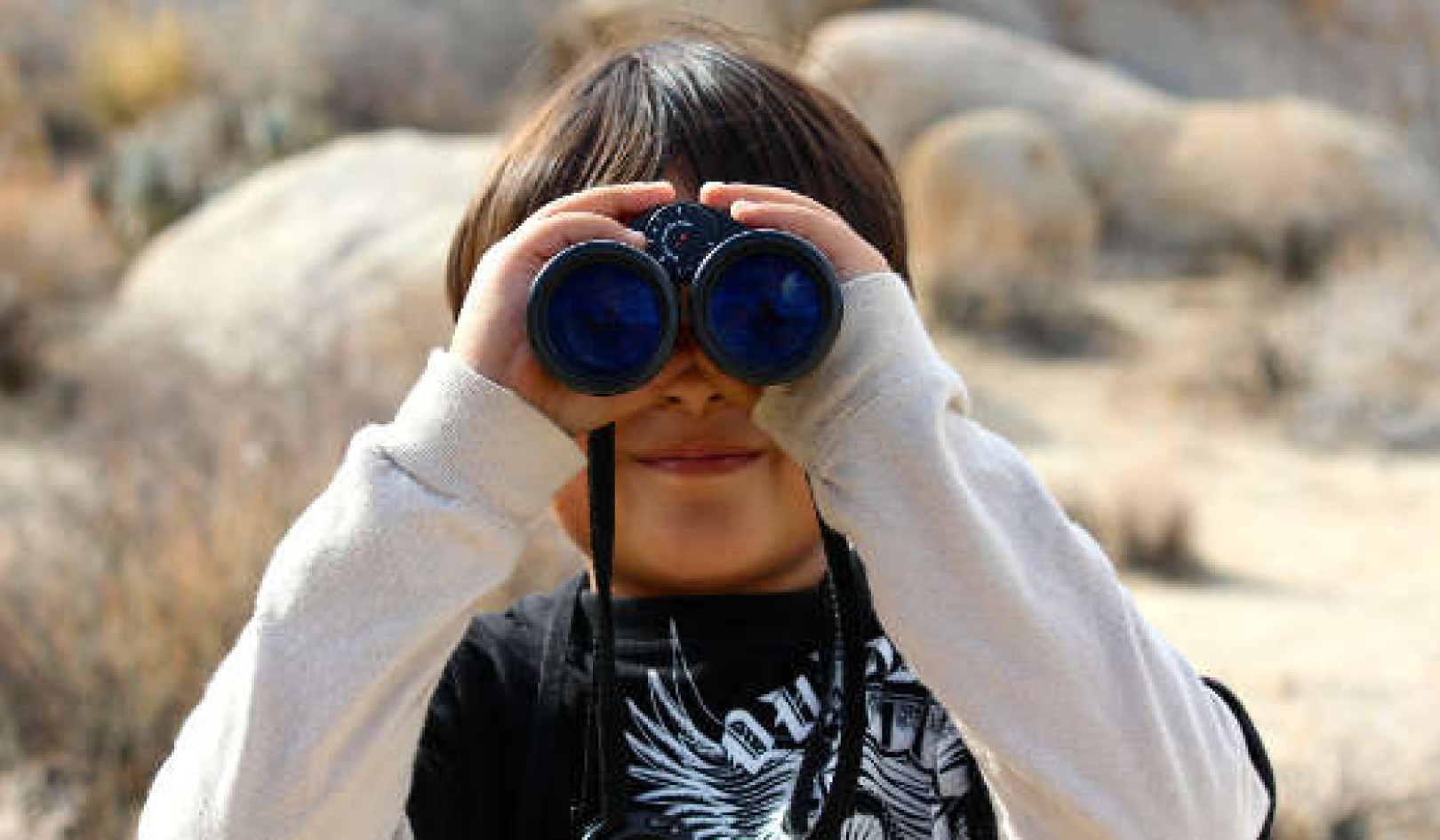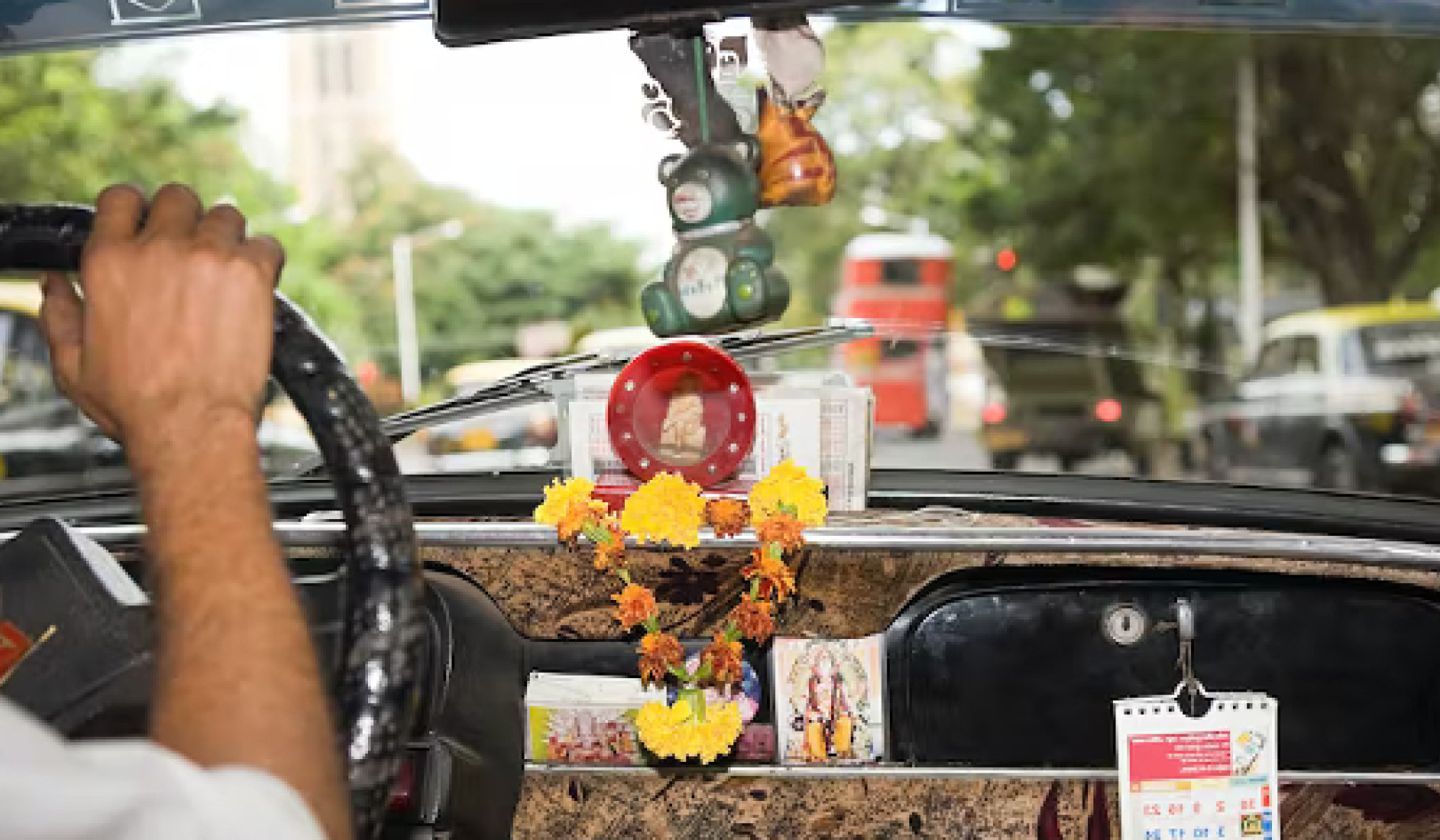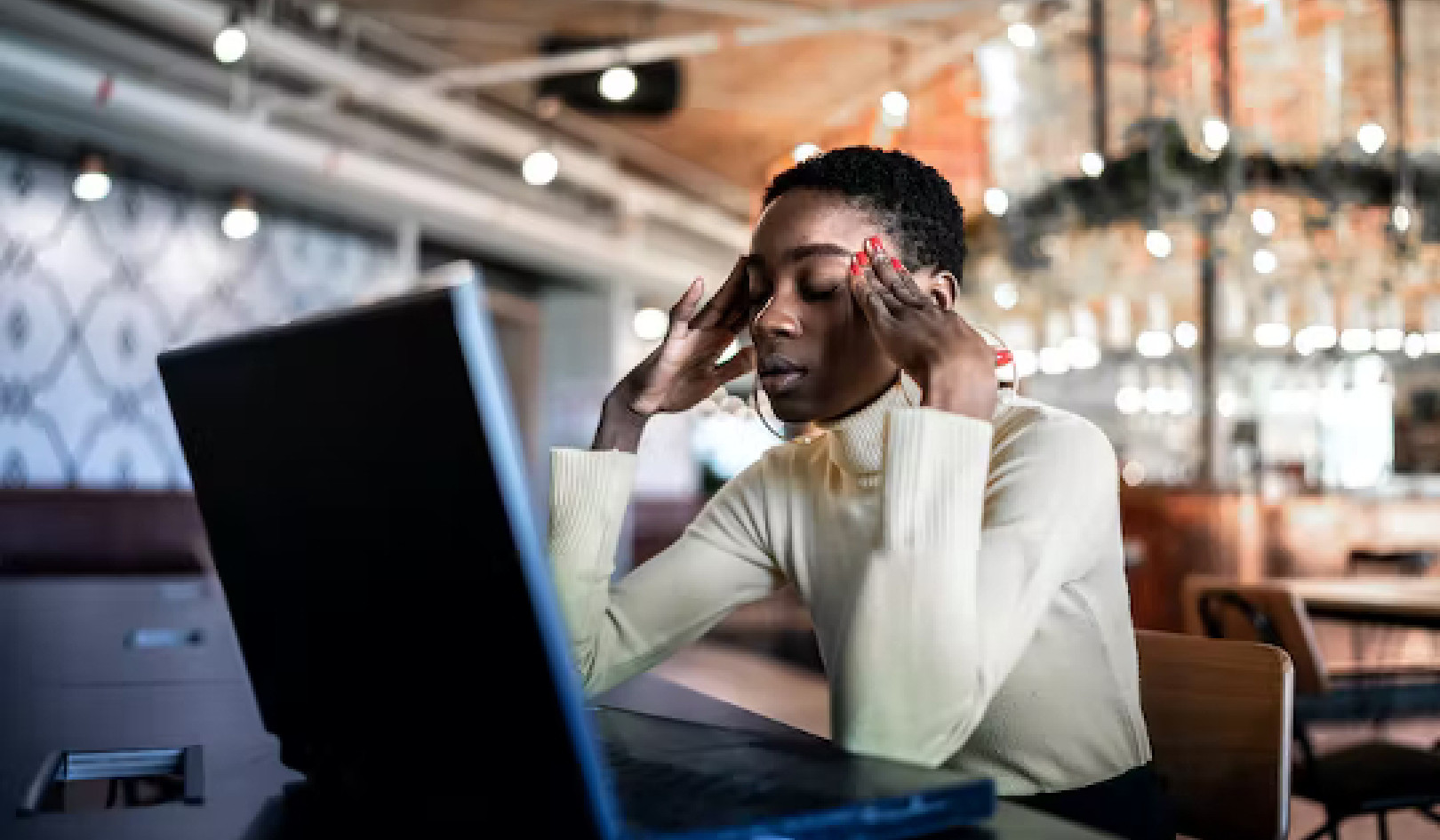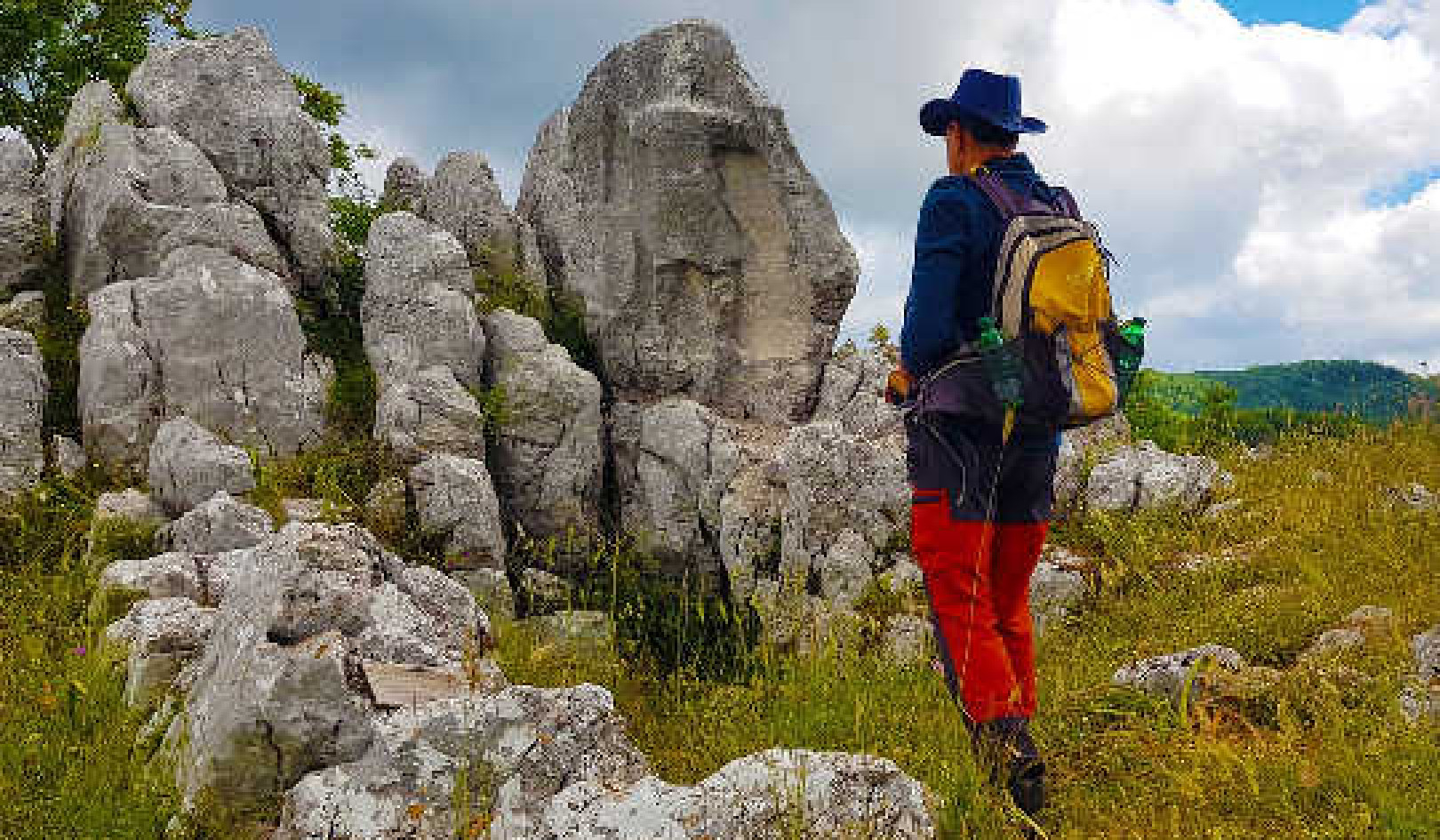Image by Gerd Altmann
Written and Narrated by Lawrence Doochin.
Truth is the property of no individual
but is the treasure of all men.”
-- RALPH WALDO EMERSON
It is the confusion over what truth is that creates fear and anxiety for so many. A large majority of people believe that certain individuals and groups are "right" on an issue and have the truth, while others are "wrong."
Of course, each individual believes that they fall into the group that has the truth. Sometimes this is taken further with the belief that those who are "wrong" are "bad people" who should be condemned and vilified. Albert Einstein said, "Whoever undertakes to set himself up as a judge of Truth and Knowledge is shipwrecked by the laughter of the gods."
Absolute Truth
There is an Absolute Truth that is the very foundation of existence, and there is also a personal reality or relative truth we each hold, hopefully one that comes from being in balance and living as an open and authentic human being. Absolute Truth and our relative truth coexist within us.
Absolute Truth is not what we each choose it to be. It is what it is. Gandhi stated this well: “Truth is by nature self-evident. As soon as you remove the cobwebs of ignorance that surround it, it shines clear.” There is only one Absolute Truth which we share and which we are. Your power comes from living in Absolute Truth.
Absolute Truth is not something which can be “spun” or is up for debate, for then it cannot be Truth. It’s not beliefs or opinions or what someone else has told us, since these all change. Absolute Truth has no opposite and is changeless.
Personal or Relative Truth
Then there is a personal truth which is how we see things and is our interpretation of reality. This is what is “right” and “wrong” for each of us, and this is a “truth” that will change as we grow in awareness and perspective.
Look at how our beliefs change, sometimes even in a short period when new info has been revealed. Based on this, why would we ever place any credence in our current beliefs and hold on to them as if our life was dependent on it? We think our life is dependent on it, but that is just a belief! So it’s very helpful if we understand our version of reality to be just our version.
A Balanced Perspective
It’s best to live our relative or personal truth from a balanced perspective. We carefully examine the evidence, without our previous biases playing into it, and we determine what rings true for us. We also understand that someone else’s personal truth is different and we respect this. No one holds the same set of beliefs, and everyone acts based on those beliefs they regard as truth. Someone may think that something is true, but it is really their truth. If we had their exact set of experiences, like a certain kind of trauma in their life, we might hold the same personal truth and beliefs they do.
Knowing that everyone has their own truth and acts from this, how can we truly judge anyone else? The above is critical for anyone to be a compassionate human being and an effective and respected leader in any type of organizational or community setting.
Because relative or personal truth is being mistaken for Absolute Truth, a balanced perspective is not how most people see the many controversial issues that are currently creating major divisiveness in our society. Those at the far ends of the political, religious, and other spectrums are not willing to take a look at their beliefs, biases, and motives. Either they don’t see them because they have become completely blinded by fear, or they see them but just don’t care because they may place something like accumulation of power or wealth, or unwillingness to face their beliefs, above anything else, which is also fear.
Us vs. Them? or a Unified "We"
As Danish philosopher Søren Kierkegaard told us, “There are two ways to be fooled. One is to believe what isn’t true; the other is to refuse to believe what is true.” When we have become completely hardened in our beliefs and won’t allow any logic or reason to be considered, even when we are presented with evidence that is irrefutable, nothing can be resolved as everything is viewed as “us versus them” as opposed to the unitive “we,” and this is all from fear. This has been the state of our society.
Many of the controversial issues have a middle ground that is in balance and makes logical sense if the parties discussing it were open to releasing their biases and putting themselves in the other person’s shoes. For instance, vaccines are highly controversial. It is clear from many years of history and the eradication of certain diseases that vaccines have saved many lives and have benefited humanity. On the other hand, a large number of mothers and pediatricians have reported children having severe reactions and major long-term health consequences from vaccines. Finally, it is clear that there is a large vested money interest in vaccines and an increasing number of them have been pushed in the last 30 years.
The collective personal truth is that all of these realities exist simultaneously. If we lived in a normal world and this issue could be looked at from a balanced and rational perspective, and especially a unitive one where everyone was looking out for each other, the parties would be able to get together and discuss the best path forward that serves everyone, which might include determining which children were more likely to have a reaction because of genetics or because the mother had been exposed to something environmentally when pregnant. Then an alternative course of action for these more susceptible children could be determined.
We don’t live in a normal world. Everyone has their vested interest and few are looking out for each other as part of one humanity. We can’t change the health consequences of what has happened to these children, but we can honor them and their pain through balancing what has transpired. We do this by acknowledging responsibility and by choosing to do things differently going forward.
There is a lot we are not being told by many sources from individuals to corporations to governing authorities. Keeping secrets engenders fear, because we can feel energetically that something is being withheld from us.
But we hold equal responsibility to those withholding information, since we are like children as most of us have not done work on ourselves where we can take in information and process it without panicking. We live in a fantasy reality, which is great for a child, but not for an adult. Thus as we discussed earlier in the book, someone or something outside of us makes the decision for us as to what we can handle. They take our power by filling an energetic vacuum that was created through not knowing ourselves and our power at the deepest levels.
Living in Truth
Living both in Truth, and what I call a pure version of my truth, have been extremely important to me, and sometimes I have been self-judgmental to a large degree when I have failed to live up to my own expectations and standards. This search for Truth has driven my willingness to look at anything that has not served me and release it. For me, it is kind of like a poison I want out of my body. Thus, although I will often initially become defensive, I take in what those who love me say about me and see if it’s true. If it is, I will ask the Universe and God for help in changing it as quickly as possible (and I have had to learn great patience when it comes to timing).
Being willing to look at our beliefs and change them is the key to a cessation of fear and becoming a self-aware individual who can truly help the world. Philosopher René Descartes told us very directly what we need to do when he said, “If you would be a real seeker after truth, it is necessary that at least once in your life you doubt, as far as possible, all things.”
Absolute Truth along with an open and unbiased personal truth is something well worth striving for as there are many positive offshoots of this besides cessation of fear, such as kindness and fulfillment. Writer Khalil Gibran says, “Truth is a deep kindness that teaches us to be content in our everyday life and share with the people the same happiness.”
Being in Truth leads to humility. “True knowledge exists in knowing that you know nothing.” Socrates is telling us that we don’t know all that we think we know. This leads us to humility and the ability to truly serve. Paradoxically it allows our higher selves to come to the forefront and give us true knowledge, which we can use highly effectively in all areas of our lives.
If we really aren’t certain of anything and if we make no judgments, it is kind of difficult to be fearful as we aren’t focused on something specific. We are just going with the flow and fear cannot attach itself to anything.
MAIN TAKEAWAY
Truth is not the entitlement of one individual or group. It is the right and essence of everyone.
QUESTION
What have you been certain is true in the past where you now see it differently? Going forward, are you willing to allow not being so certain about things?
Copyright 2020. All Rights Reserved.
Publisher : One-Hearted Publishing.
Article Source:
A Book on Fear
A Book On Fear: Feeling Safe In A Challenging World
by Lawrence Doochin
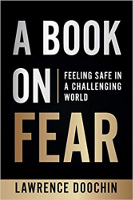 Even if everyone around us is in fear, this doesn't have to be our personal experience. We are meant to live in joy, not in fear. By taking us on a treetop journey through quantum physics, psychology, philosophy, spirituality, and more, A Book On Fear gives us tools and awareness to see where our fear comes from. When we see how our belief systems were created, how they limit us, and what we have become attached to that creates fear, we will come to know ourselves at a deeper level. Then we can make different choices to transform our fears. The end of each chapter includes a suggested simple exercise that can be done quickly but that will shift the reader into an immediate higher state of awareness about that chapter’s topic.
Even if everyone around us is in fear, this doesn't have to be our personal experience. We are meant to live in joy, not in fear. By taking us on a treetop journey through quantum physics, psychology, philosophy, spirituality, and more, A Book On Fear gives us tools and awareness to see where our fear comes from. When we see how our belief systems were created, how they limit us, and what we have become attached to that creates fear, we will come to know ourselves at a deeper level. Then we can make different choices to transform our fears. The end of each chapter includes a suggested simple exercise that can be done quickly but that will shift the reader into an immediate higher state of awareness about that chapter’s topic.
For more info and/or to order this book, click here.
More books by this Author.
About the Author
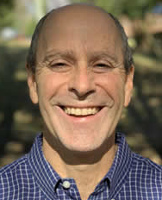 Lawrence Doochin is an author, entrepreneur, and devoted husband and father. A survivor of harrowing childhood sexual abuse, he traveled a long journey of emotional and spiritual healing and developed an in-depth understanding of how our beliefs create our reality. In the business world, he has worked for, or been associated with, enterprises from small startups to multinational corporations. He is the cofounder of HUSO sound therapy, which delivers powerful healing benefits to individual and professionals worldwide. In everything Lawrence does, he strives to serve a higher good.
Lawrence Doochin is an author, entrepreneur, and devoted husband and father. A survivor of harrowing childhood sexual abuse, he traveled a long journey of emotional and spiritual healing and developed an in-depth understanding of how our beliefs create our reality. In the business world, he has worked for, or been associated with, enterprises from small startups to multinational corporations. He is the cofounder of HUSO sound therapy, which delivers powerful healing benefits to individual and professionals worldwide. In everything Lawrence does, he strives to serve a higher good.
His new book is A Book on Fear: Feeling Safe in a Challenging World. Learn more at LawrenceDoochin.com.























